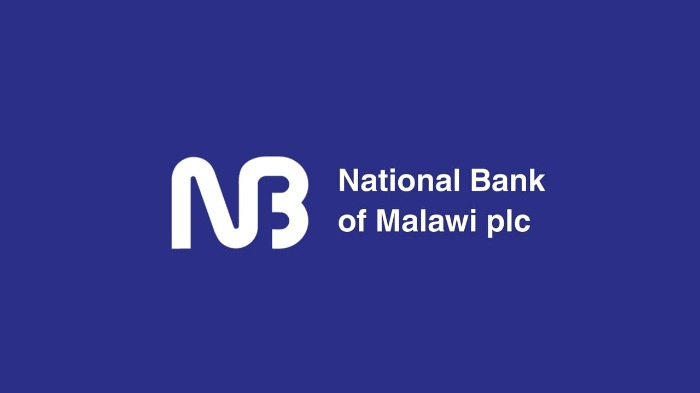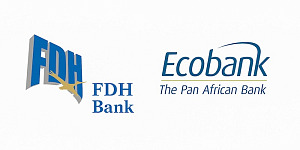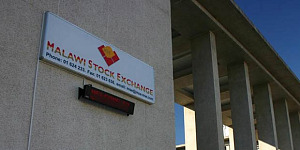National Bank of Malawi (NBM) shareholders are set to receive a record dividend payout of K59 billion following the bank’s exceptional 2024 performance that saw net profits surge to K101 billion.
The dividend announcement was made during the bank’s annual general meeting held on monday, when directors recommended a final dividend of K28.6 billion, bringing total dividends for 2024 to K59 billion.
This represents a K126.35 dividend per ordinary share compared to K102.80 per share in 2023.
The final dividend recommendation follows interim payments of K13 billion in September 2024 and K17.4 billion in April 2025, marking a significant increase from the previous year’s total dividend of K48 billion.
Board Chairperson Jimmy Lipunga announced that the bank had delivered outstanding results despite challenging economic conditions characterised by high inflation, foreign exchange scarcity, and elevated interest rates.
“The bank has performed extremely well. We believe we are leading the market in terms of profitability, having made a net profit of K101 billion. This has been a result of a strong board and very talented management that has seen us surmounting the difficult economic climate,” Lipunga said.
However, shareholders raised concerns about the performance of Akiba Commercial Bank, NBM’s Tanzanian subsidiary, which reported losses during the period under review.
Shareholder Joe Maere praised the bank’s overall performance but expressed frustration over the slow turnaround at Akiba, emphasizing its strategic importance for NBM’s regional expansion and foreign exchange generation.
Maere highlighted that investing outside Malawi represents a crucial solution to the country’s foreign exchange challenges, noting that the Tanzanian economy offers greater growth potential than Malawi’s increasingly saturated market.
“The performance of the bank has been excellent. We have seen resounding growth in profit margin from K71 billion last year to K101 billion. Our concern on Akiba is that the turnaround time is taking long.
“National Bank is very big and the Malawi economy is getting saturated. Now we need to move out into a different economy that is far much bigger than us so that we can make even more money,” Maere said.
Addressing shareholder concerns, Lipunga acknowledged that Akiba remained the only subsidiary reporting losses but assured investors that corrective measures were being implemented.
“We dispatched a committee of the board to get management to really get to the bottom of the issue, and confirmation was provided that the business is very viable. The losses are really to do with legacy businesses, loans that had been given in the past and are now being written off,” Lipunga said.
The dividend payout comes as Malawi’s banking sector continues to benefit from high interest rates on government securities, though institutions face challenges from foreign exchange shortages and inflationary pressures.






































